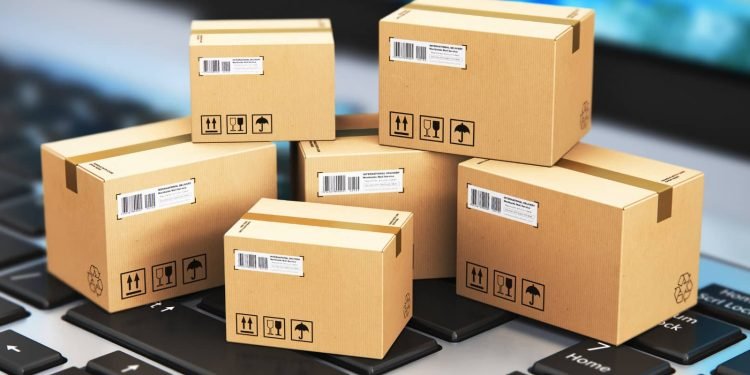The global e-commerce logistics market is experiencing unprecedented growth, with projections estimating it will reach approximately $2,518.28 billion by 2031. This expansion is driven by a compound annual growth rate (CAGR) of 25.09% during the forecast period.
Key Factors Fueling Market Expansion
- Technological Advancements: The proliferation of smartphones has made online shopping more accessible, leading to increased demand for efficient e-commerce logistics services.
- Evolving Consumer Expectations: Modern consumers expect rapid and reliable delivery options, including same-day or next-day services. This trend compels logistics providers to invest in advanced technologies and infrastructure to meet these heightened expectations.
Challenges Facing the Industry
- Capacity Constraints: The swift expansion of the e-commerce sector places significant pressure on logistics providers to scale operations, particularly during peak seasons, to handle increased delivery volumes effectively.
- Last-Mile Delivery Complexities: Navigating traffic congestion, remote locations, and hard-to-reach addresses presents substantial challenges in the final leg of delivery, often leading to delays and elevated costs.
Regional Insights
The Asia-Pacific region is poised to dominate the e-commerce logistics market in the coming years, attributed to the increasing penetration of e-commerce platforms and the expansion of logistics infrastructure within the region.
Industry Leaders
Prominent players in the e-commerce logistics market include:
- Agility Public Warehousing Company K.S.C.P.
- Amazon
- Aramex International
- CEVA Logistics
- DHL International GmbH
- FedEx Corporation
- United Parcel Service, Inc.
- XPO Logistics Plc.
These companies are at the forefront of adopting innovative solutions to address the evolving demands of the e-commerce logistics landscape.
Conclusion
The e-commerce logistics market is on a trajectory of significant growth, propelled by technological advancements and shifting consumer behaviors. However, the industry must navigate challenges such as capacity constraints and last-mile delivery complexities to sustain this momentum. Strategic investments in technology and infrastructure will be pivotal in meeting the future demands of this dynamic market.
For more insights into developments in the logistics industry, stay tuned to The Logistic News.
#LogisticsNews #ECommerceLogistics #MarketGrowth #TheLogisticNews























